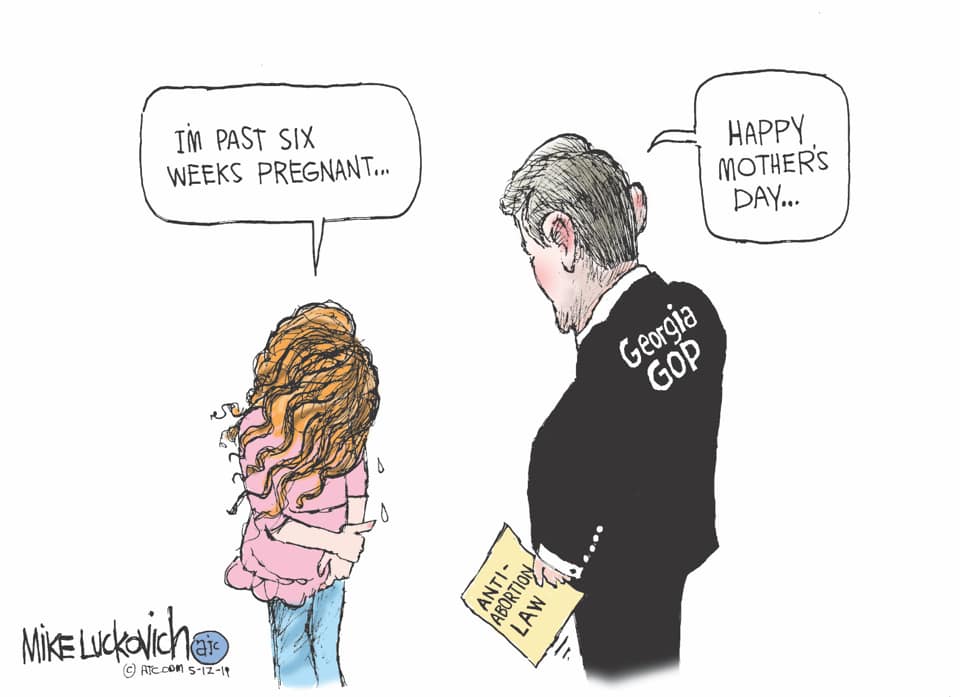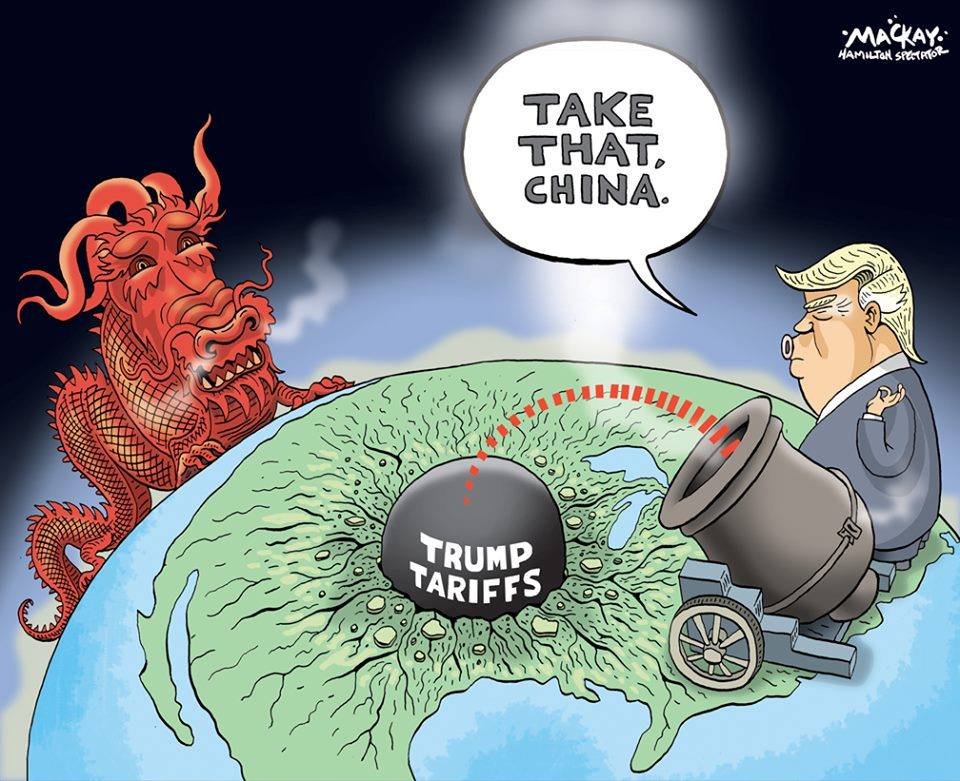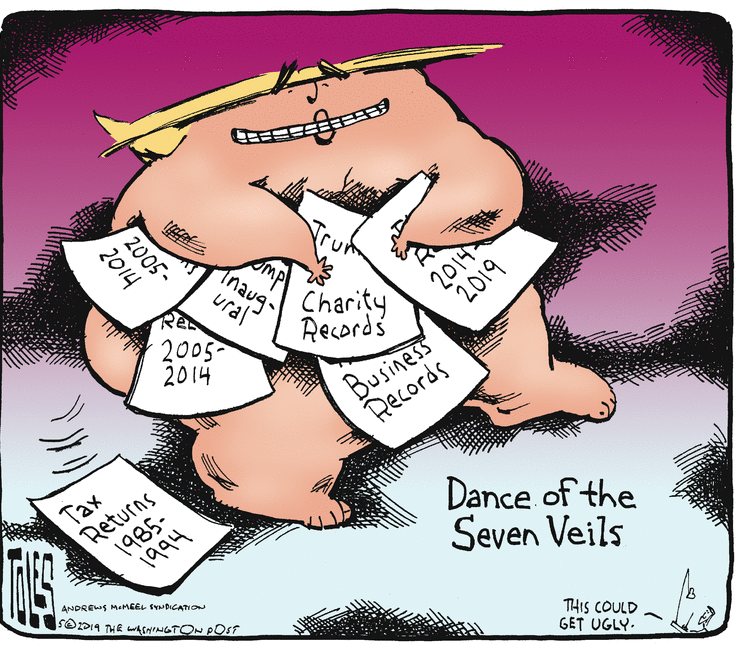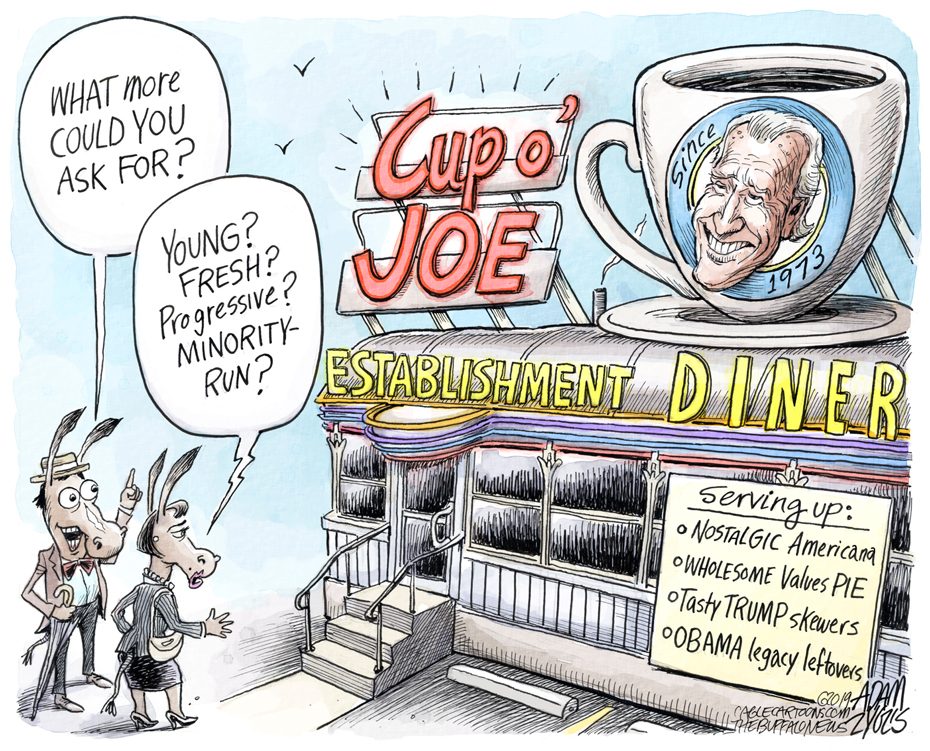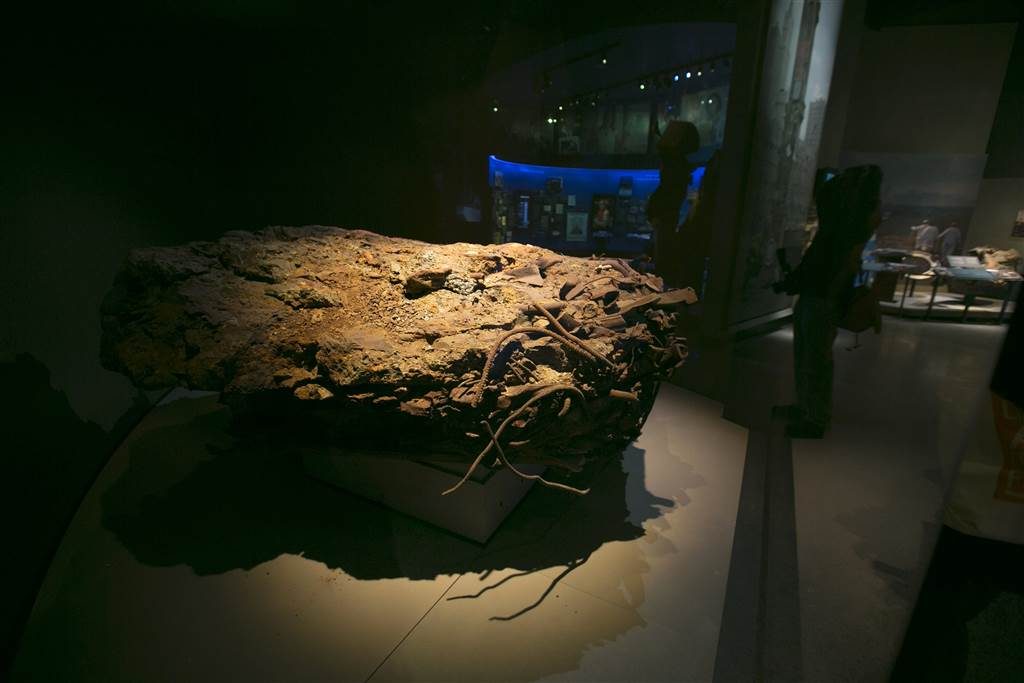“I’m addicted to placebos. I’d give them up, but it wouldn’t make any difference.” – Steven Wright
The nation is addicted to Presidential debates, which cannot even remotely be characterized as a placebo. And tonight’s debate in Las Vegas is unlikely to make a big difference to voters around America, unless one of the Pant Load or the Pant Suit are extremely clever. You can expect that The Pant Load will try to make this week’s WikiLeaks disclosures a torpedo below the waterline for the Pant Suit’s campaign. There are some nuggets in the emails, but do they really add up to all that much?
This from USA Today:
Companies used Clinton fundraisers to lobby [the] State Department. At least a dozen of those same companies lobbied the State Department, using lobbyists who doubled as major Clinton campaign fundraisers. Those companies gave as much as $16 million to the Clinton charities.
Sounds terrible, until you get down to paragraph #26 in the article:
In all, 181 foundation donors lobbied State during Clinton’s leadership tenure, Vox reported last year.
These relationships and giving on their own aren’t illegal, or even unethical. But critics, including Trump, have argued they at least pose potential conflicts of interest.
So, no quid, and apparently, no smoking gun of quo. Trump asks repeatedly how these disclosures are not dominating the news cycle and blames the media for being in the bag for Hillary. The emails often don’t prove what Trump says they do: that the Clinton campaign hates Catholics, that Clinton “openly colluded” with the Justice Department during its investigation of her private email server.
Even if there is some there, there with the emails, the real issue is that The Donald remains the story of this presidential election.
It has come down to a referendum on Donald Trump.
Unless Trump can get more than 43% of the vote, he can’t be president. And focusing on Trump’s personal attributes has been Clinton’s strategy all along. Still, if we fix on personal foibles and temperament, although relevant, we will miss any discussion of the issues.
Take tax plans. Hillary shouldn’t focus on Trump’s taxes. His taxes are relevant, although no worse than Mitt Romney’s low average tax rate: This just illustrates a problem with the tax code that Trump is well within his rights to exploit. The real problem with Trump, when it comes to taxes, is not what he pays or doesn’t pay, but how his proposed tax plan would affect everyone’s tax burden.
The numbers are not pretty.
Trump’s plan is the most Oprah-esque tax proposal since Ronald Reagan in 1980: You get a tax cut! You get a tax cut! You get a tax cut! But it’s mostly a massive tax cut for the top 1%, similar to those proposed by nearly every Republican presidential candidate in recent memory. Without that revenue, the government has to collect more in taxes from middle-class and low-income households, which will not reduce income inequality, or the federal deficit, or grow the economy.
Trump’s plan is spun as a “growth plan”. The idea is that if the US runs huge deficits by slashing taxes, most of that money will be spent, creating wealth and jobs. Sorry, but the failure in Trump’s plan is foreshadowed in the failed economy in Kansas, where the Republicans handed big tax breaks to a few of the highest-income taxpayers and businesses, hoping that would magically trigger an “adrenaline shot” to the Kansas economy. That didn’t happen. Since cutting taxes drastically, the state’s debt load has ballooned to an all-time high of $4.5 billion, a jump of 50% in two years.
So no growth, and mucho debt.
Trump’s plan doubles down on this failed “trickle-down” GOP fantasy as the answer to GDP growth and income inequality. Economic growth will never come from giving tax cuts to the rich. Why? Because they just sock their gains from tax cuts away in offshore tax havens.
Hillary needs to attack the Pant Load’s BS tax plan, not his failure to pay taxes. People should think hard about each candidate’s tax plan and how it could contribute to economic growth before deciding to cast their vote for president. An attack by Clinton on Trump’s tax plan will go directly against one of the core beliefs of Trump supporters, that tax cuts will give them better jobs and pay. Sow some doubt there, and it could pay dividends at the ballot box.
Hillary’s plan is to build infrastructure with tax increases on the rich and corporations. That creates jobs.
This is a message she needs to drive home in tonight’s third presidential debate.


